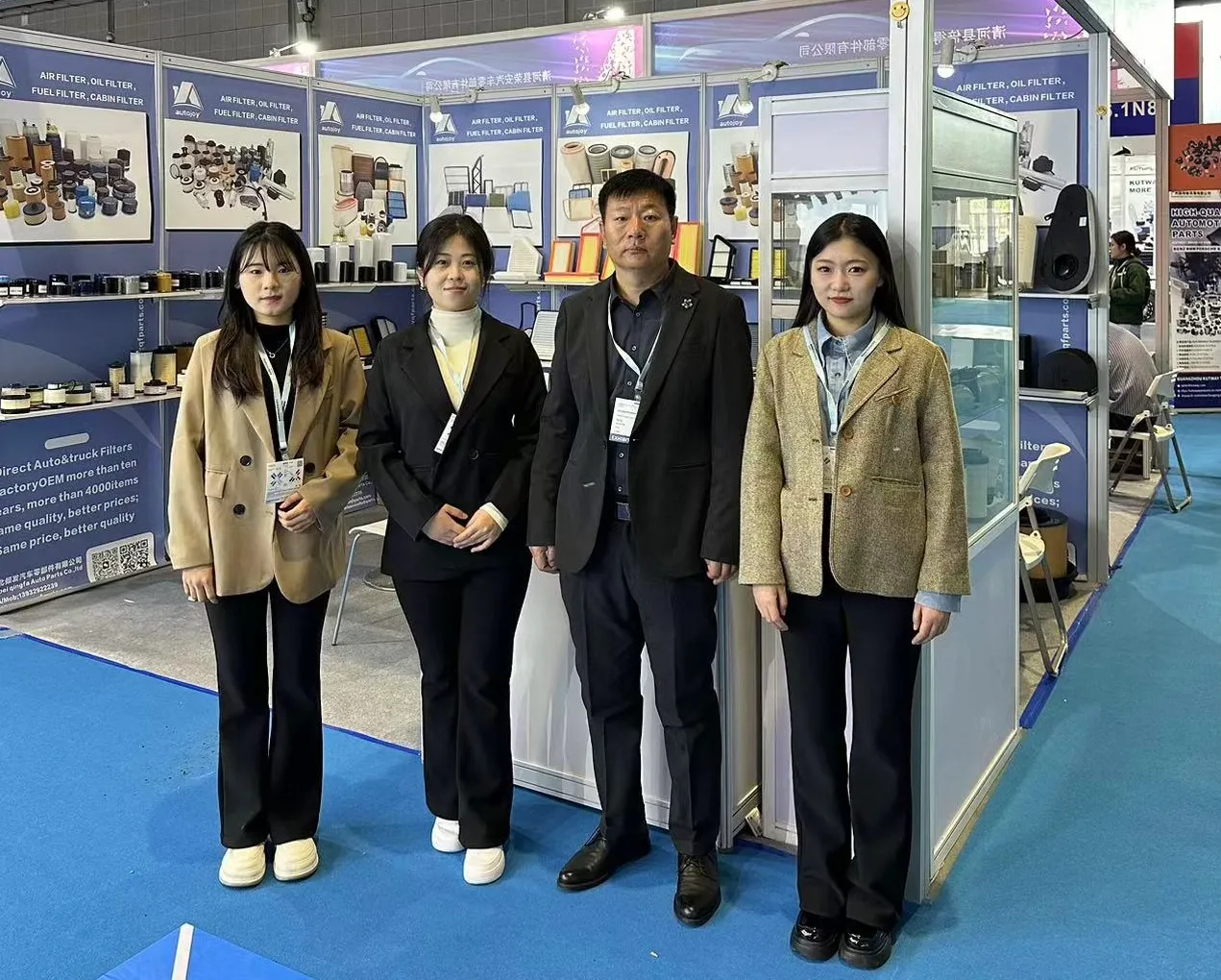
-
 Afrikaans
Afrikaans -
 Albanian
Albanian -
 Amharic
Amharic -
 Arabic
Arabic -
 Armenian
Armenian -
 Azerbaijani
Azerbaijani -
 Basque
Basque -
 Belarusian
Belarusian -
 Bengali
Bengali -
 Bosnian
Bosnian -
 Bulgarian
Bulgarian -
 Catalan
Catalan -
 Cebuano
Cebuano -
 Corsican
Corsican -
 Croatian
Croatian -
 Czech
Czech -
 Danish
Danish -
 Dutch
Dutch -
 English
English -
 Esperanto
Esperanto -
 Estonian
Estonian -
 Finnish
Finnish -
 French
French -
 Frisian
Frisian -
 Galician
Galician -
 Georgian
Georgian -
 German
German -
 Greek
Greek -
 Gujarati
Gujarati -
 Haitian Creole
Haitian Creole -
 hausa
hausa -
 hawaiian
hawaiian -
 Hebrew
Hebrew -
 Hindi
Hindi -
 Miao
Miao -
 Hungarian
Hungarian -
 Icelandic
Icelandic -
 igbo
igbo -
 Indonesian
Indonesian -
 irish
irish -
 Italian
Italian -
 Japanese
Japanese -
 Javanese
Javanese -
 Kannada
Kannada -
 kazakh
kazakh -
 Khmer
Khmer -
 Rwandese
Rwandese -
 Korean
Korean -
 Kurdish
Kurdish -
 Kyrgyz
Kyrgyz -
 Lao
Lao -
 Latin
Latin -
 Latvian
Latvian -
 Lithuanian
Lithuanian -
 Luxembourgish
Luxembourgish -
 Macedonian
Macedonian -
 Malgashi
Malgashi -
 Malay
Malay -
 Malayalam
Malayalam -
 Maltese
Maltese -
 Maori
Maori -
 Marathi
Marathi -
 Mongolian
Mongolian -
 Myanmar
Myanmar -
 Nepali
Nepali -
 Norwegian
Norwegian -
 Norwegian
Norwegian -
 Occitan
Occitan -
 Pashto
Pashto -
 Persian
Persian -
 Polish
Polish -
 Portuguese
Portuguese -
 Punjabi
Punjabi -
 Romanian
Romanian -
 Russian
Russian -
 Samoan
Samoan -
 Scottish Gaelic
Scottish Gaelic -
 Serbian
Serbian -
 Sesotho
Sesotho -
 Shona
Shona -
 Sindhi
Sindhi -
 Sinhala
Sinhala -
 Slovak
Slovak -
 Slovenian
Slovenian -
 Somali
Somali -
 Spanish
Spanish -
 Sundanese
Sundanese -
 Swahili
Swahili -
 Swedish
Swedish -
 Tagalog
Tagalog -
 Tajik
Tajik -
 Tamil
Tamil -
 Tatar
Tatar -
 Telugu
Telugu -
 Thai
Thai -
 Turkish
Turkish -
 Turkmen
Turkmen -
 Ukrainian
Ukrainian -
 Urdu
Urdu -
 Uighur
Uighur -
 Uzbek
Uzbek -
 Vietnamese
Vietnamese -
 Welsh
Welsh -
 Bantu
Bantu -
 Yiddish
Yiddish -
 Yoruba
Yoruba -
 Zulu
Zulu
control arm suppliers
Control Arm Suppliers An Overview of the Industry
Control arms play a crucial role in vehicle suspension systems, connecting the chassis to the wheels while allowing for controlled movement. These components are pivotal in maintaining vehicle stability, handling, and overall safety. Given their importance, the demand for quality control arm suppliers is substantial in the automotive industry. This article provides an overview of control arm suppliers, highlighting their roles, challenges, and trends in the market.
Understanding Control Arms
Control arms are essential components that help manage a vehicle’s suspension movement. They allow the wheels to move up and down while maintaining precise alignment with the car’s chassis. A well-designed control arm enhances ride quality, improves handling, and ensures tire longevity. Typically, control arms are made from materials such as steel, aluminum, or composite materials, each selected for its performance characteristics and weight considerations.
The Role of Control Arm Suppliers
Control arm suppliers are responsible for providing manufacturers with high-quality components that meet both safety standards and performance specifications. These suppliers often engage in a variety of activities, including design, engineering, testing, and distribution. Many suppliers also provide aftermarket parts, which are essential for repair and replacement in older vehicles.
The supply chain for control arms can be quite complex, involving tier suppliers who contribute raw materials and components to primary manufacturers. Effective collaboration between suppliers and automotive OEMs (Original Equipment Manufacturers) is crucial to ensure that control arms are produced efficiently and within required tolerances.
Challenges Faced by Control Arm Suppliers
control arm suppliers

Despite the crucial role control arm suppliers play, the industry faces several challenges. One of the primary issues is the increasing pressure to reduce costs while maintaining high-quality standards. Automotive manufacturers are always on the lookout for suppliers who can offer competitive pricing without compromising on quality, leading to intense competition among suppliers.
Moreover, regulatory requirements have become stricter, necessitating compliance with safety and environmental standards. Suppliers must invest in quality control processes and technologies to ensure their products meet these regulations. This investment can strain smaller suppliers who may lack the resources to adapt to changing standards.
Supply chain disruptions, particularly in the wake of the COVID-19 pandemic, have also posed challenges. Many suppliers experienced delays in material procurement, affecting production timelines. This situation underscored the importance of establishing resilient supply chains that can weather unforeseen disruptions.
Current Trends in the Control Arm Supplier Market
In response to the evolving automotive landscape, several trends have emerged within the control arm supplier market. One significant trend is the increasing use of lightweight materials, such as aluminum and composites, to reduce vehicle weight and improve fuel efficiency. As the automotive industry moves towards electric vehicles (EVs), suppliers are adapting to new design requirements that these vehicles present.
Furthermore, there is a growing emphasis on automation and advanced manufacturing techniques. Suppliers are increasingly investing in technologies like 3D printing, robotics, and AI to enhance their production capabilities. These innovations not only improve efficiency but also allow for more precise manufacturing, which can lead to better-performing control arms.
Conclusion
Control arm suppliers are vital players in the automotive supply chain, contributing significantly to vehicle performance and safety. While faced with challenges such as cost pressure and regulatory compliance, the industry is adapting through innovation and strategic partnerships. As the automotive landscape continues to transform, particularly with the rise of electric vehicles, control arm suppliers will need to remain agile and responsive to changing market demands to sustain their critical role in vehicle dynamics.







